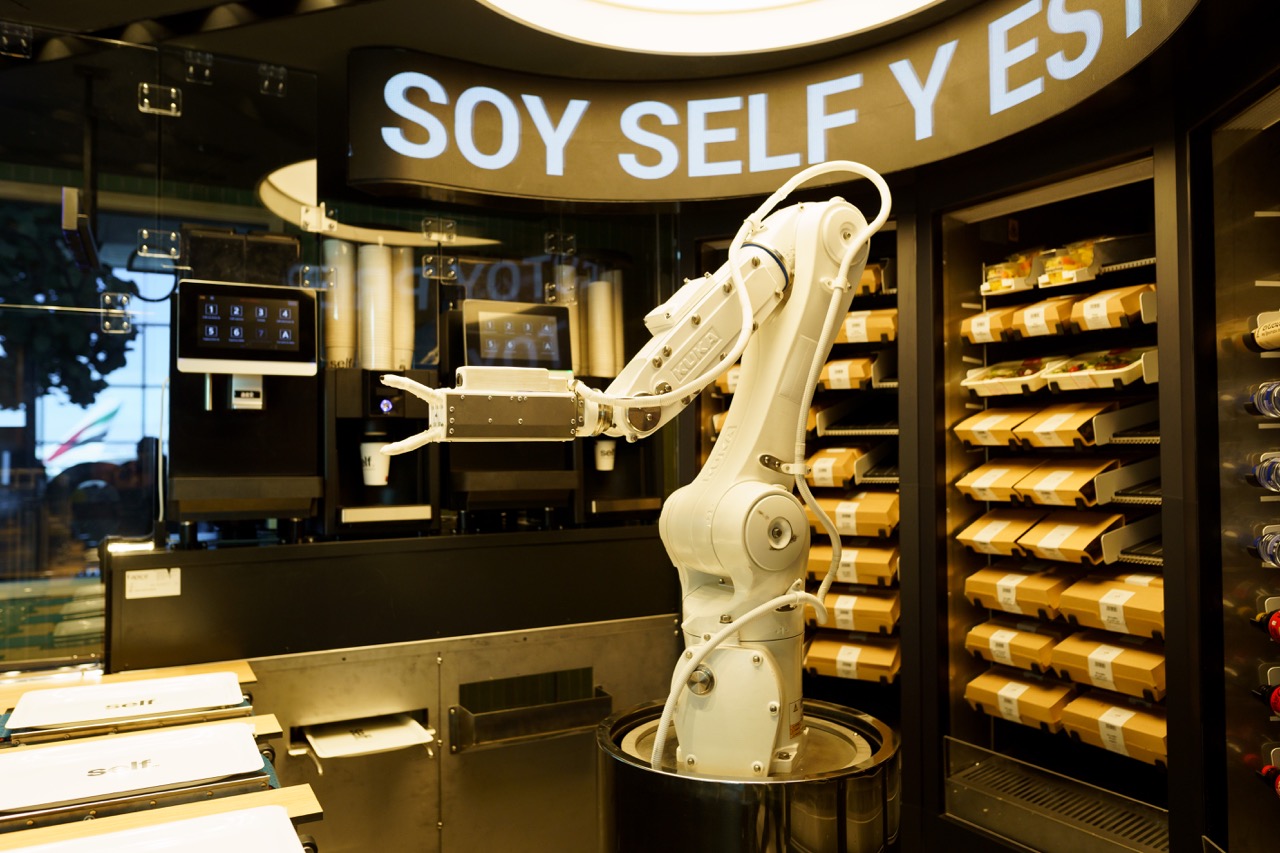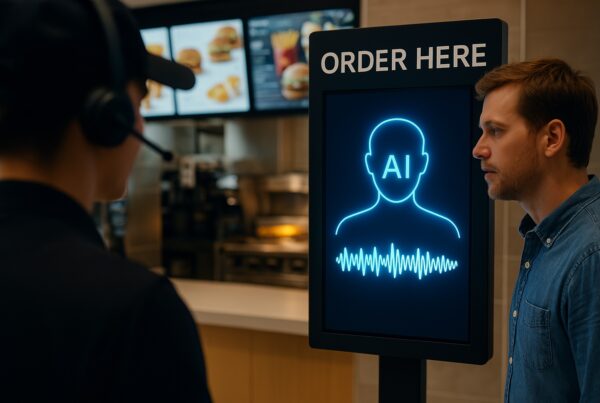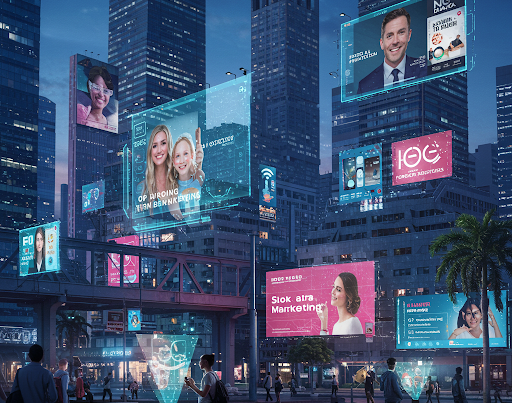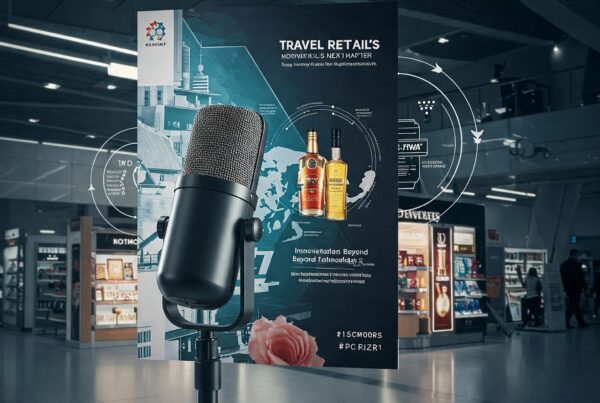Executive Summary
The World’s First AI-Powered Robotic Restaurant Lands at Barcelona Airport.
Areas has unveiled SELF, the world’s first robotic restaurant powered by artificial intelligence, at Josep Tarradellas Barcelona-El Prat Airport. This groundbreaking initiative signifies a major advancement in integrating AI within the travel catering sector. (areas.com)
For travel retail, this marks a new era of automation:
- Streamlined service and faster food delivery
- Consistent quality and high standards in airport dining
- A futuristic, engaging experience that travelers will remember
But as AI takes over more touch points, how do we balance innovation with the human touch that travelers still expect? Is this the future of airport dining, or just a novelty?
Detailed Full Article
1. Introduction
In a pioneering move, Areas has launched SELF, the first AI-driven robotic restaurant in an airport setting. Located in Terminal 1 of Barcelona-El Prat Airport, SELF aims to enhance the traveler experience by offering efficient service and high-quality, freshly prepared products.
2. What’s Happening?
SELF operates using a sophisticated robotic arm equipped with a claw and five tactile fingers, enabling precise handling and delivery of orders. Travelers can select from a menu featuring popular items such as premium sandwiches, salads, pastries, and beverages. After placing and paying for their order, customers receive a ticket with a number and QR code. The AI system manages up to six orders simultaneously, notifying customers via screen when their order is ready for pickup. A human team is also present to assist as needed.
3. Impact on Global Travel Retail
The introduction of AI-powered robotic restaurants like SELF presents several implications for the travel retail industry:
- Enhanced Efficiency: Automation streamlines the ordering and delivery process, reducing wait times and improving service speed.
- Consistent Quality: AI ensures precise preparation and handling of food items, maintaining high standards of quality and freshness.
- Innovative Customer Experience: The novelty of robotic service offers a unique and engaging experience for travelers, potentially increasing customer satisfaction and loyalty.
4. Expert Take
The deployment of AI in travel retail, exemplified by SELF, represents a significant shift towards automation and innovation. While this technology enhances efficiency and offers novel experiences, it is essential to balance automation with human interaction to maintain personalized customer service. Additionally, considerations around maintenance, cost, and adaptability to different cultural contexts should be addressed to ensure successful implementation across various markets.
5. Action Points for Travel Retail Stakeholders
- Explore Automation Opportunities: Assess areas within operations where AI and robotics can improve efficiency and customer satisfaction.
- Maintain Human Touch: Ensure that automation complements rather than replaces human interaction, preserving personalized service elements.
- Monitor Performance Metrics: Regularly evaluate the effectiveness of AI implementations through customer feedback and operational data to inform continuous improvement.
6. Final Thoughts & Call to Action
The launch of SELF marks a transformative moment in travel retail, highlighting the potential of AI to redefine service delivery. As the industry evolves, embracing such innovations while maintaining a focus on customer-centric service will be key to staying competitive.



